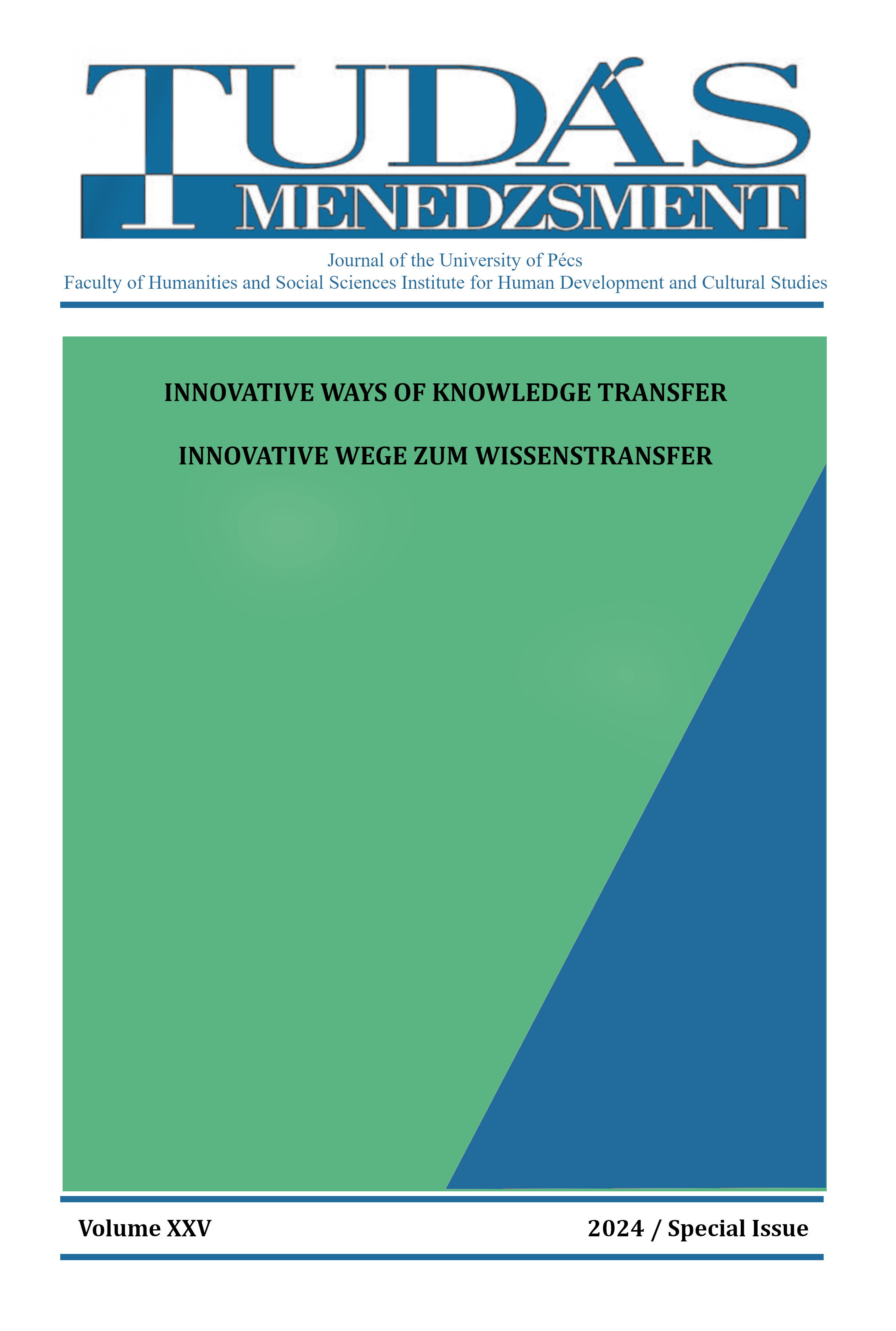ESCAPE ROOMS IN GEOGRAPHY EDUCATION: AN INNOVATIVE APPROACH TO LEARNING AND TEACHING
DOI:
https://doi.org/10.15170/TM.2024.25.K1.4Kulcsszavak:
escape rooms, gamification, geography educationAbsztrakt
Background: The use of escape rooms in education has gained traction as an innovative pedagogical approach to enhancing student engagement and alleviating learning-related anxiety. This study explored the effectiveness of escape rooms as an instructional tool in geography education, with a particular focus on Generation Z students, who are known for their preference for practical learning opportunities and active engagement.
Results: The study conducted an educational experiment involving Hungarian 7th grade students, comparing the escape room methodology with traditional frontal teaching methods. The results indicated that students exposed to escape rooms exhibited
heightened engagement and sustained attention compared to those in the control group. Furthermore, students generally preferred collaborative escape room sessions, which provided opportunities for social interaction and shared responsibilities. Analysis of end of-unit test results revealed a positive correlation between escape room methodology and student performance, particularly in tasks requiring higher cognitive levels and evaluation.
Conclusions: The findings suggest that escape rooms align well with the learning preferences of Generation Z students, and contribute to enhanced student engagement, attention, and learning outcomes in geography education. Escape rooms offer a gamified approach that resonates with the characteristics and preferences of modern learners, emphasizing the importance of innovative teaching strategies tailored to contemporary student needs. These insights underscore the potential of escape rooms as an effective in structional tool for fostering meaningful learning experiences.


